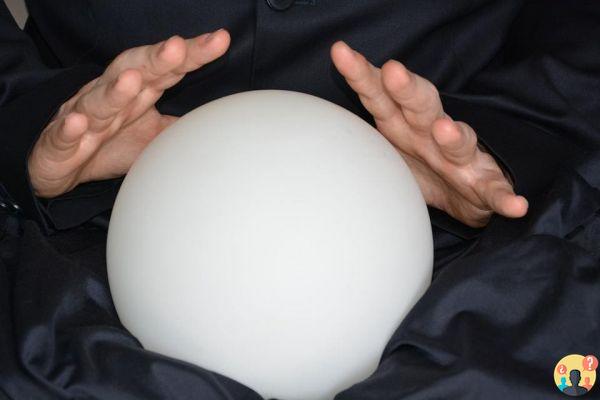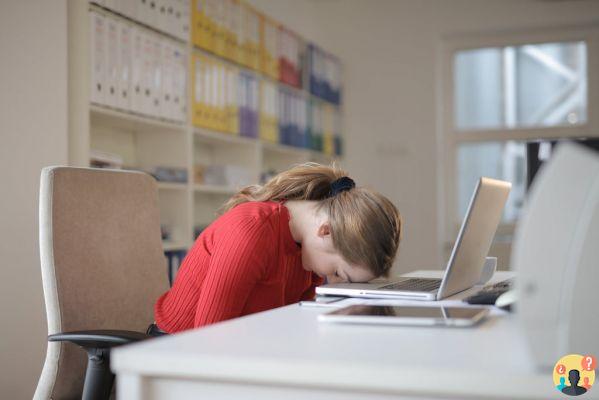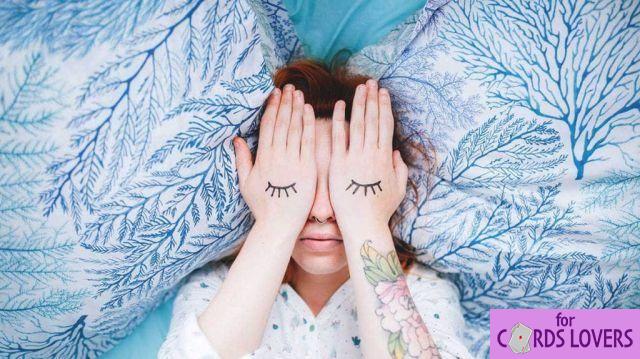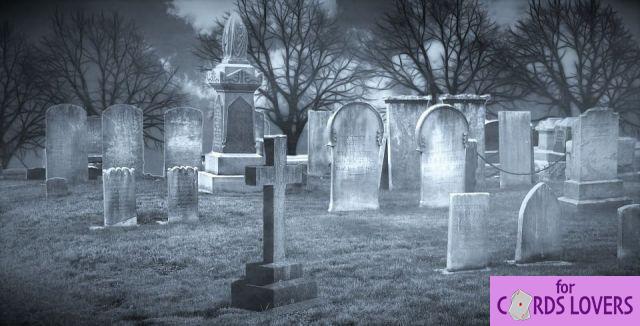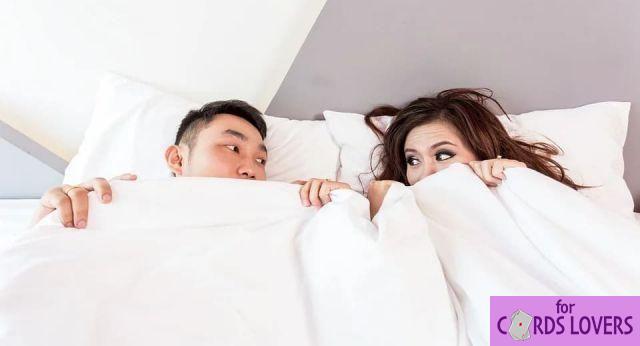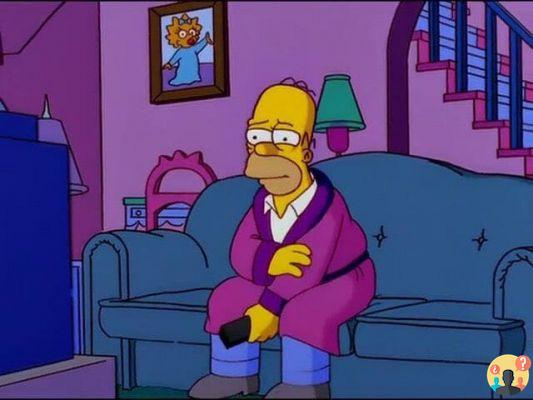
Unfortunately, the current pace of life, stress, work schedules, artificial light, affects the quality and quantity of sleep, hence the recurring question "I can't sleep".
Now find out all the solutions to this problem:
I can't sleep: Habits to adopt
Keep a regular schedule: try to go to bed and get up at the same time every day.
Leave your mobiles and devices with Wi-Fi connection outside the room in which you sleep , you can use alarm clocks with music, radio or even lights.
Clearly, if you have trouble falling asleep at night, it is advisable to don't take a nap.
Do not take stimulants such than coffee, tea or mate in the afternoon and also avoid alcoholic beverages.
Move around: a sedentary lifestyle is one of the greatest enemies of good rest. makeexercise is highly recommended but preferably in the morning or early afternoon ( not exercising within the previous three hours before sleeping: this can lead to physiological arousal which prevents sleep)
Follow a ritual before going to bed in you preparing to sleep (like when we were little: pyjamas, brushing our teeth...)
Promote comfort in your rest room : adequate temperature: so as not to be hot or cold, a dark room, so that there is no noise or distraction, a mattress that adapts to our needs, etc.
Le daily contact with the sun or daylight (although there is no direct sunlight) improves sleep quality, so if you have the chance, get a few minutes of sunlight a day, working next to a window or walking outside every day. Sunlight shines brighter than artificial lights (even though our eyes don't see big differences)
Use bed only for sleeping (or having sex), avoid doing other types of activities in bed (watching TV, being on the laptop...)
Avoid screens at least a few hours before sleeping. If that's not possible, I recommend using special software that blocks blue radiation from screens that can affect rest, like: Twilight or a blue light filter app on your phone, or programs like F.lux on your computer. They are all free. There are also glasses that block blue light.

Disable us physically and mentally
Sometimes we arrive quickly at night, and we notice that we are physically activated: either because of the daily rhythm, or because we had a particularly busy day. It is important to "slow down" and relax as the break time approaches, for this we can:
Take a hot bath and finish it with cold water will help us promote muscle relaxation. It is important that it is not very hot, rather hot or cool.
Take a moment to breathe and slow down: a slower movement can help (consciously try to walk slowly, talk more slowly, move more slowly, etc.)
Practice the relaxation techniques, meditation, mindfulness.
Drink infusions of lime, valerian, passionflower, chamomile...
Before sleeping, try "slowing down" first, doing a relaxing activity, reading a little, listening to soft music, until you felt relaxed before going to bed .
I can't sleep: Reassure your mind
Sometimes we tend to feeding our own anxiety with "what if I can't sleep?" these anticipations et environmental will create an alert state that will make the problem worse. We cannot force what should be spontaneous.
Other times, we may be transforming other types of worries that activate us mentally, preventing us from falling asleep.
To calm our minds, we can:
play down, try to rationalize our thoughts talking to ourselves.
To eliminate worries of our mind, we can use distraction techniques , for example: doing mental calculations (counting three by three backwards for example), thinking about the names of countries that start with a certain letter, looking for objects of a certain color in the room, etc.
I've mentioned this before but I'll emphasize it again: practicing relaxation techniques .

I'm in bed but I can't fall asleep
If once in bed you cannot fall asleep, it is recommended to:
Don't look at the clock.
Try a visualization technique , for example: Imagine a lit candle, with all the details you can, try to keep this image in your mind and the candle does not go out. (counting sheep is one such technique).
Do breathing exercises.
If you notice that you have been in bed for a while without sleeping, get up and do something relaxing until you feel tired again. (sit with your eyes closed to listen to soft music, for example).
When to go to the doctor?
Yes, despite the measures taken to create good rest habits, symptoms insomnia (such as difficulty falling asleep, frequently waking up at night and having trouble falling back to sleep, or having a subjective sense of unrefreshing sleep) if they persist for more than three weeks, it is advised to see a doctor to exclude any organic pathology, sleep (such as parasomnias or sleep apnea), or an anxiety disorder, since there are diseases of different natures that can alter sleep.
We hope these tips can help you and that you will have sweet dreams with a restful rest without thinking about "I can't sleep".




